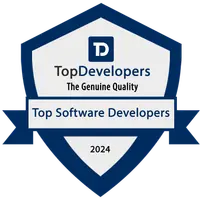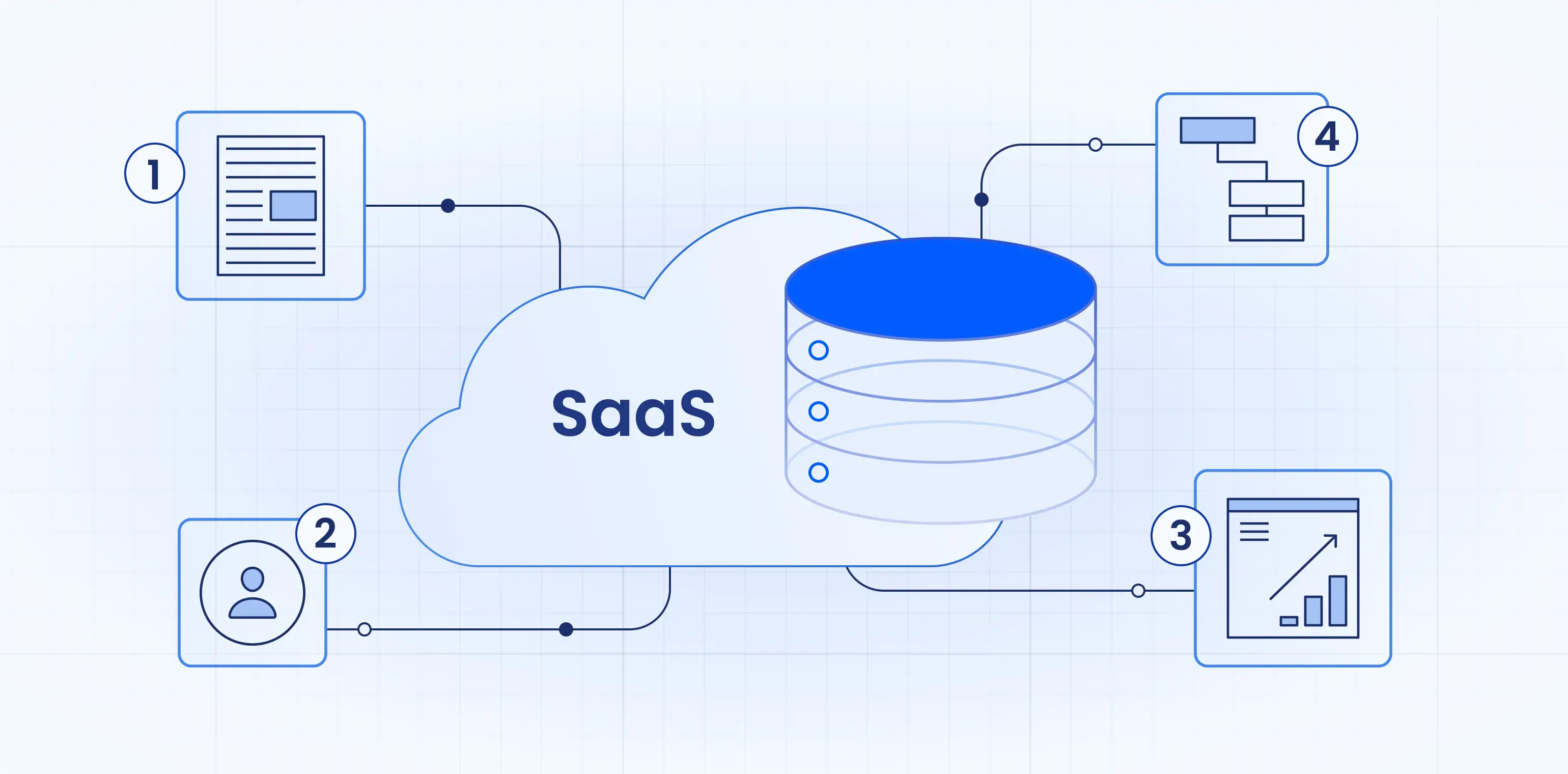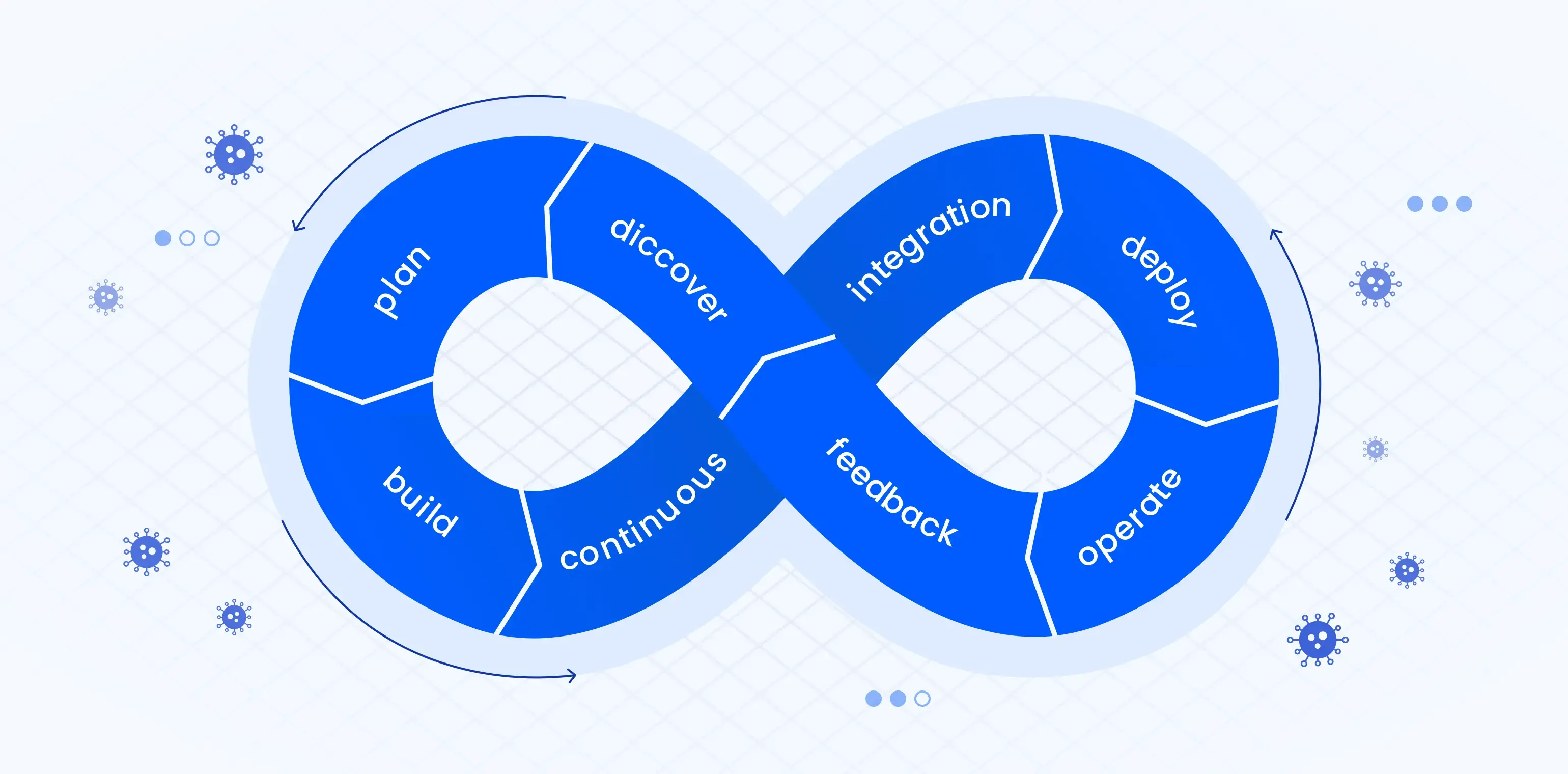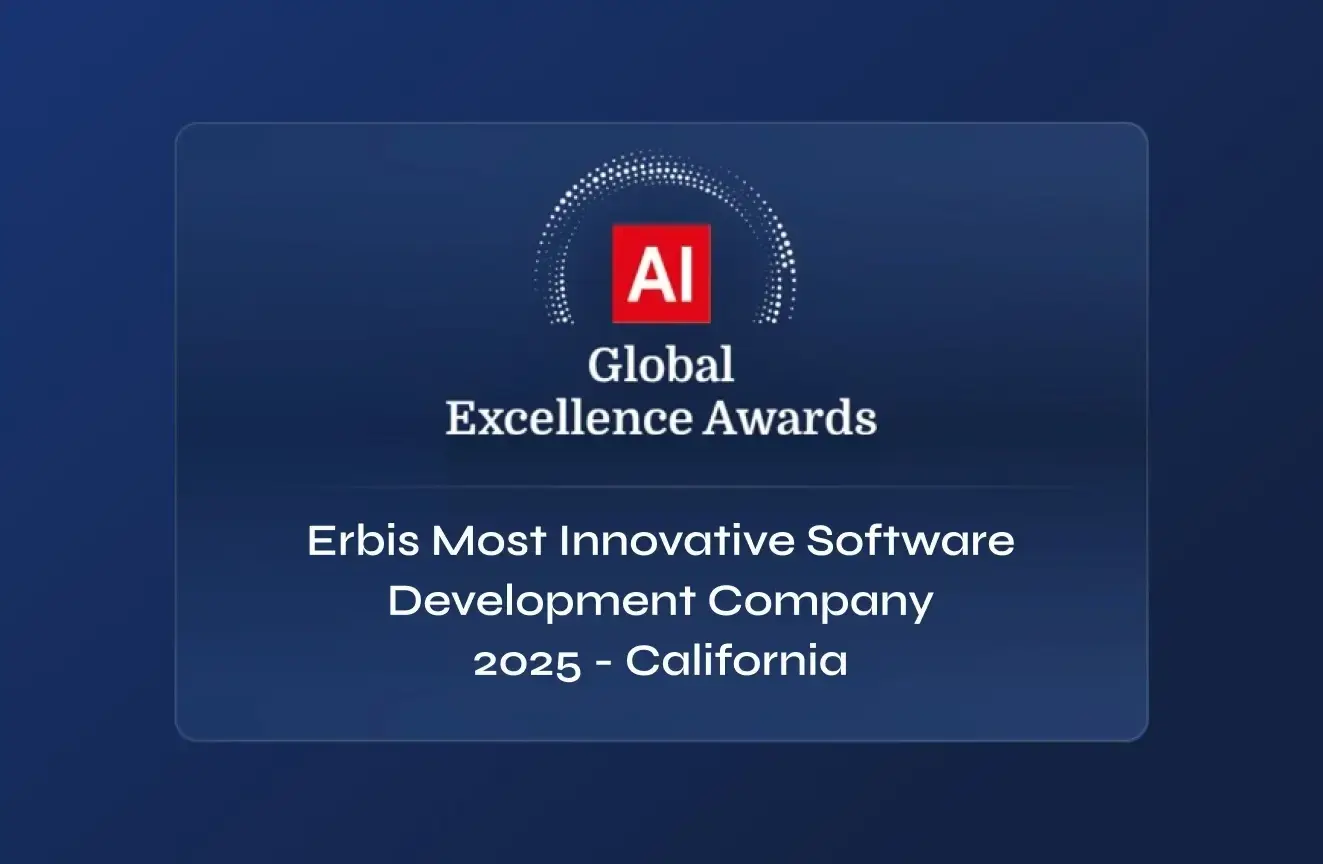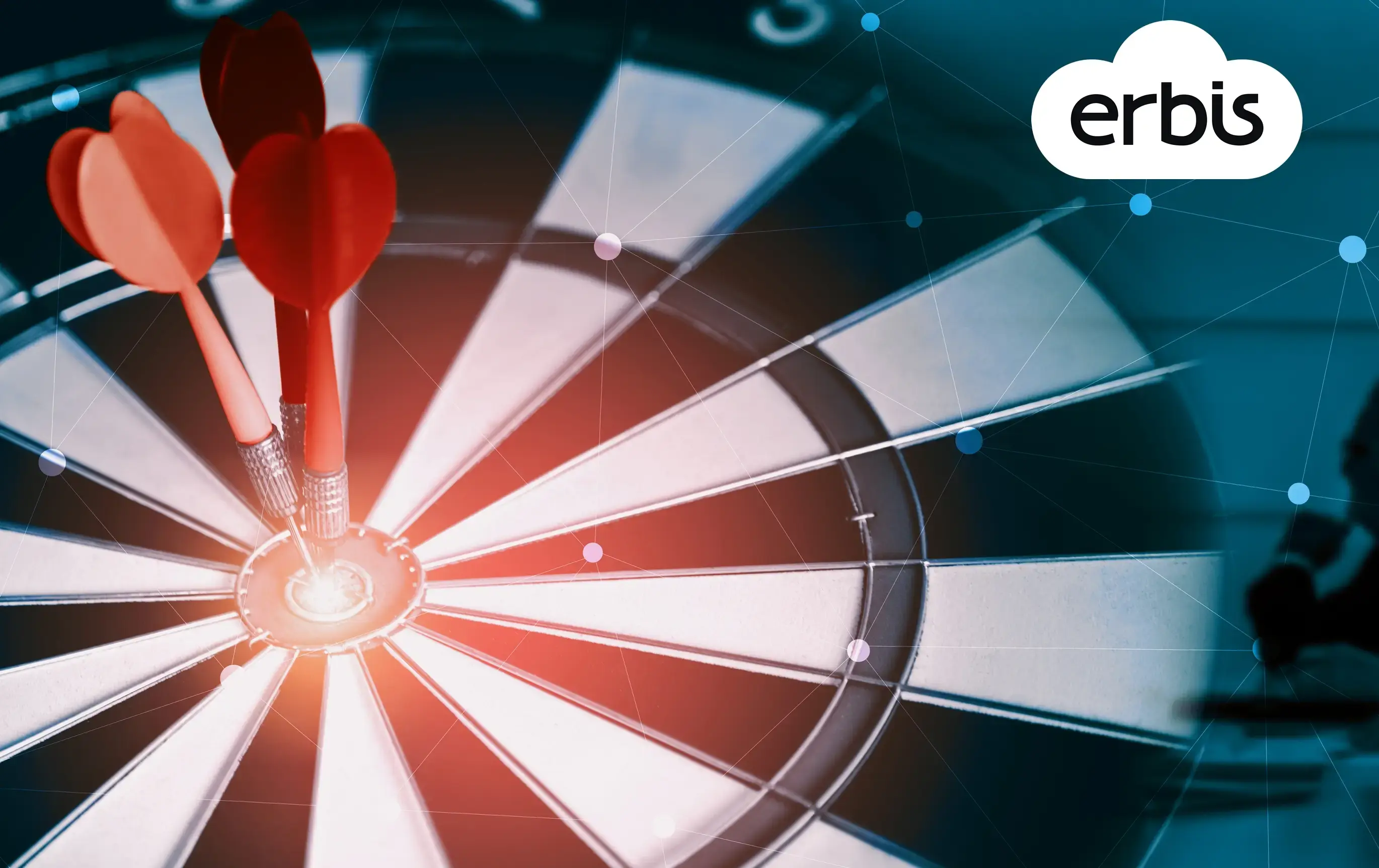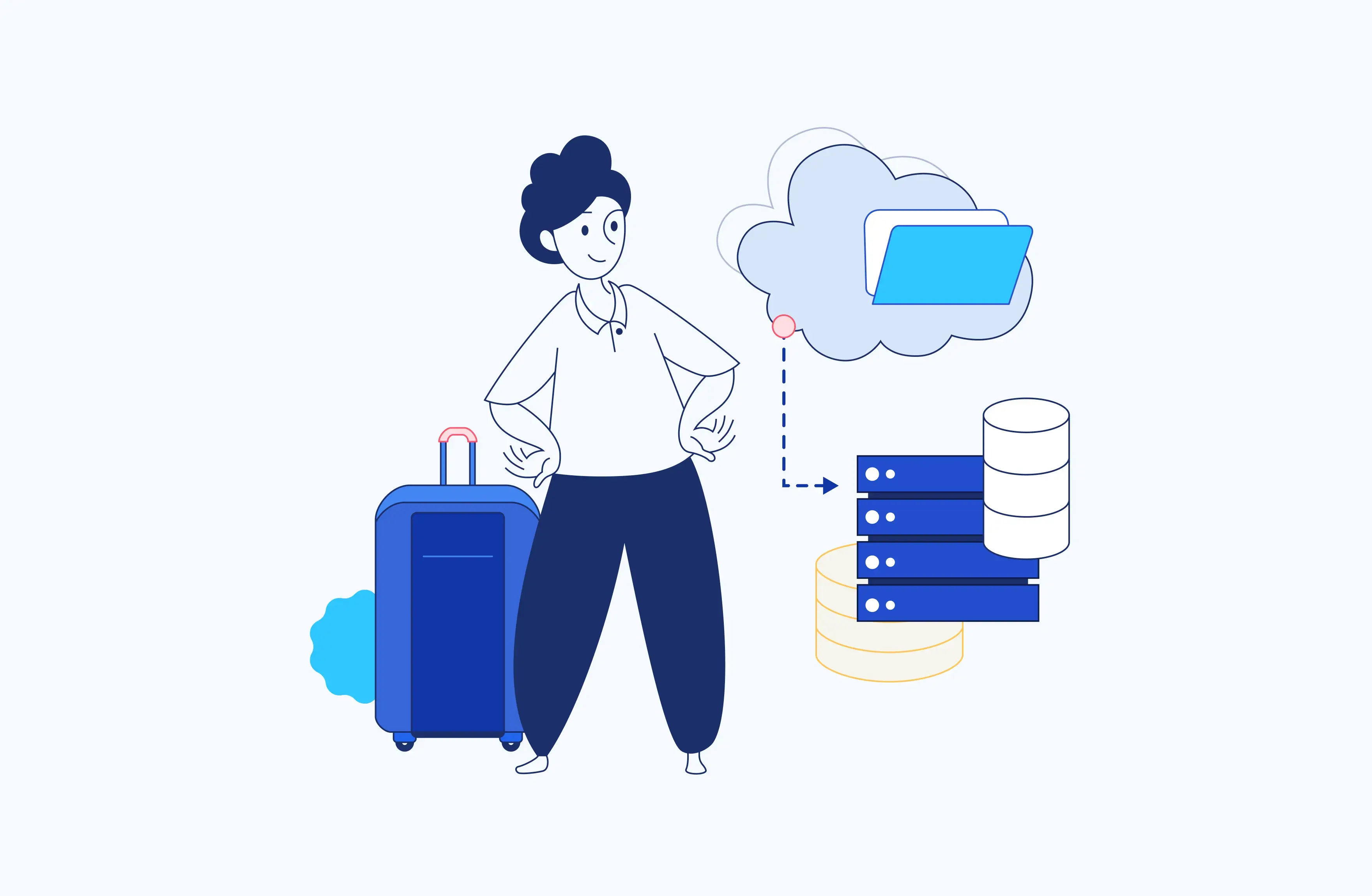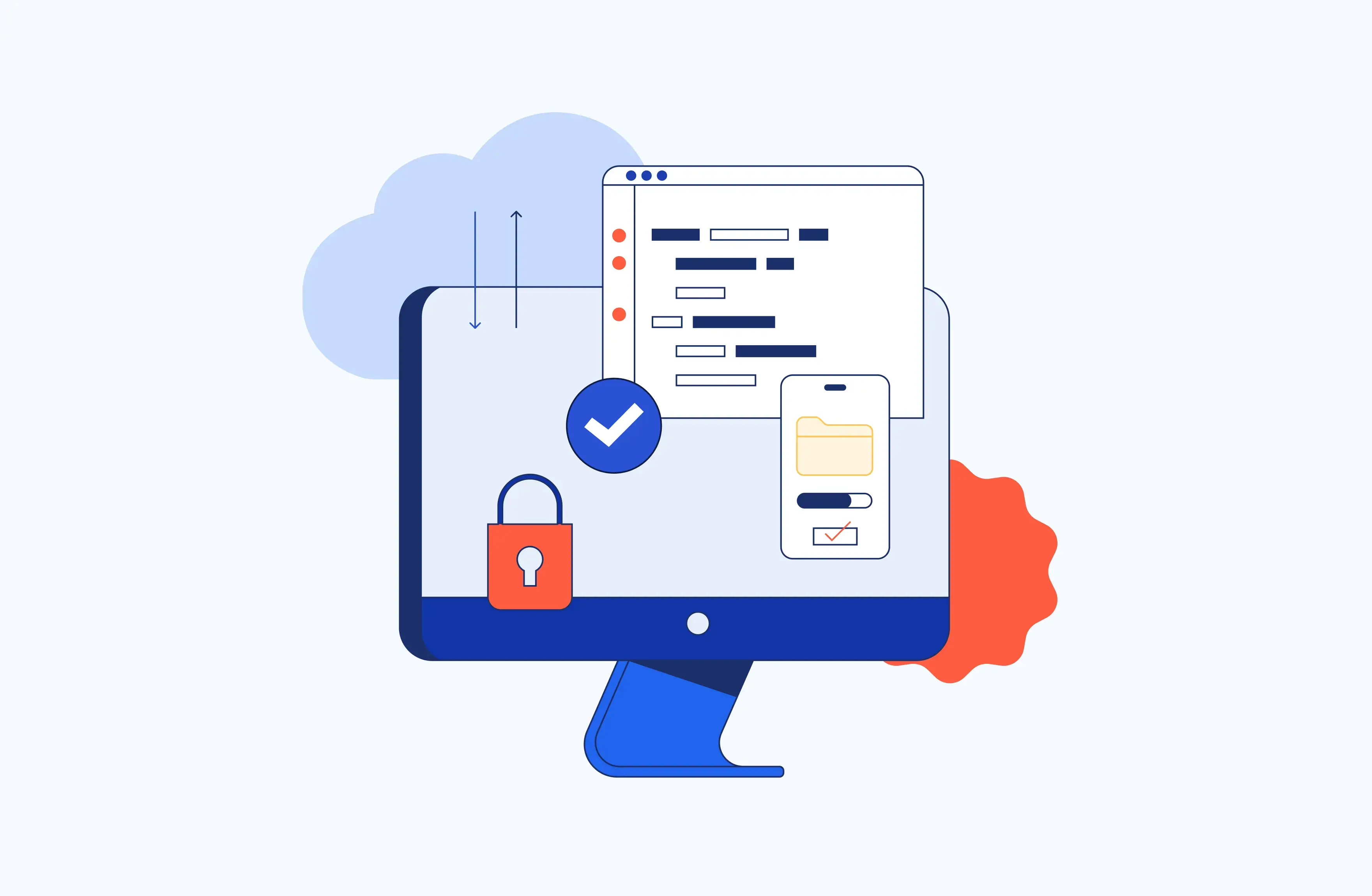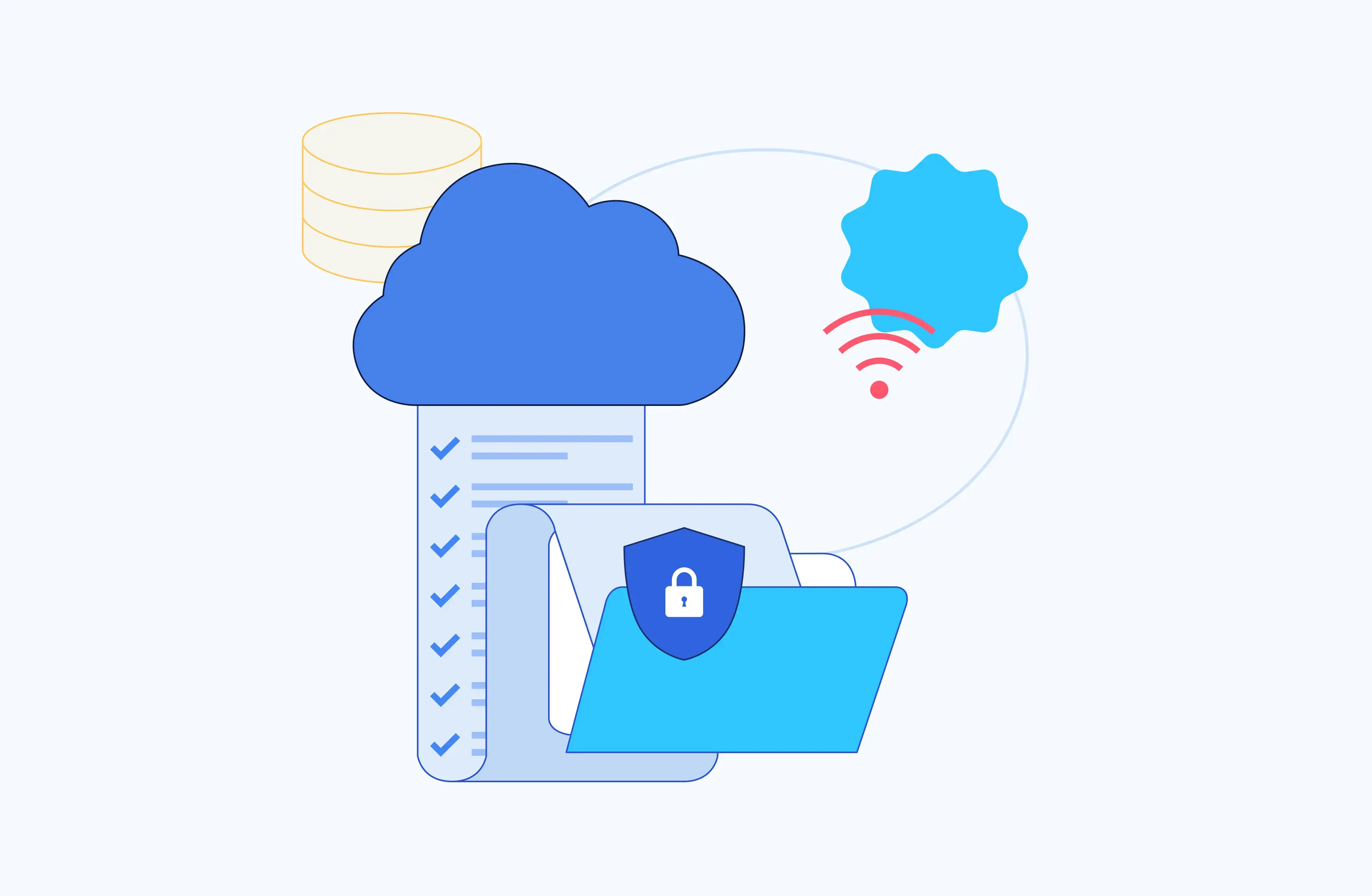What to look for in Microsoft Azure in 2024
Microsoft Azure is a powerful cloud platform for developing and deploying various IT projects. Today, it is recognized as one of the best infrastructures for large enterprises, mid-sized organizations, and startups. Companies often choose Azure for its powerful IaaS (Infrastructure as a Service) and PaaS (Platform as a Service) tools, advanced big data solutions, and excellent reputation that has been tested through the years.
At Erbis, we use Azure and other cloud services to implement various software solutions, including AI and ML projects. In this article, we want to share Azure’s new features upcoming in 2024. The updates will alter the software development process, making it more flexible and agile.
The five biggest updates in Microsoft Azure
The annual Microsoft Ignite presented the latest updates in Azure services, which will be trending in the next year. First of all, the year to come will be marked by ubiquitous computing and the metaverse. This means more connected devices, more generated data, and more computing will enter our everyday life. Microsoft is an active participant in this process. It contributes to digitalization and robotization by introducing cutting-edge innovations through its cloud platform.
Artificial intelligence: faster access to smart technologies
Several years ago, Microsoft presented a supercomputer that allows the development of complex AI models using the Azure infrastructure and specially designed tools. Today, with the help of the Azure Percept platform, AI models can be deployed on low-power computers, implementing various scenarios, from detecting objects to identifying anomalies and nontypical behavior patterns.
In addition, the innovative Azure Arc platform brings the development of ML models closer, allowing you to deploy the Azure ML service on any Kubernetes cluster. You can do this both in the cloud and on-premises, reducing network latency and complying with regulatory requirements.
Other major Azure AI updates are introduced with Cognitive Service for Language. Text Analytics, QnA Maker, and Language Understanding functions are now united, providing developers with a fully-packed service to implement text and voice recognition features in an app. And with Language Studio, you can start integrating cognitive functions without the need to write code by using available client libraries and REST APIs in your project.
Another pleasant surprise is the developer’s access to GPT – a neural network model capable of generating text identical to that written by a human. It was announced that GPT-3 would be available through Azure Open AI. Initially, company clients will be able to use it by invitation. With time, the service may become freely available.
Security: stronger protection at all developmental stages
Some companies don’t want to use cloud services because they are afraid to transfer sensitive data to third-party infrastructure. The Azure cloud team is constantly working to strengthen the security system. In 2024, it will introduce several improvements in this direction.
Password authentication for cloud and hybrid environments will no longer be needed. With Windows Hello for Business, the Microsoft Authenticator app, or a FIDO2 compatible security key from Yubico, Feitian, or AuthenTrend, organizations can sign in to their accounts using a face scan or fingerprint.
Microsoft Teams will use end-to-end encryption for one-to-one calls. This will improve the security for transferring confidential information, for example, if the IT administrator gives the user a password during the call. The feature will become available to commercial customers at the beginning of the year in test mode. In the future, it will be expanded to scheduled calls and online meetings.
Azure Chaos Studio will present new ways to improve software security and resilience. Using this platform, developers can test applications for vulnerabilities by simulating real failures and imitating errors. Thus, with the help of chaos engineering, they will be able to diagnose hard-to-find problems in the early stages and take timely measures to eliminate them.

DevOps: robust development environments with more secure workflows
Deployment in the Azure cloud will become more secure with OpenID Connect integration between Azure Active Directory (Azure AD) and GitHub Actions. From now on, long-lived cloud credentials won’t be kept in the GitHub secret storage. Instead, the developers will manage all access capabilities directly in Azure, minimizing the chance of hackers obtaining them. In such a manner, the risk of hackers entering the development environment and injecting malicious code is reduced to zero, and app deployment becomes more protected and secure.
The Azure DevOps Workflow Generator allows you to visualize the entire development cycle, making this process super flexible and agile. With the help of drag-and-drop elements, you can change the developmental stages, choose the necessary tools from the App library, and add custom elements to your flow. The Workflow Generator tool is totally free and generally available now. It is of value for any organization that wants to bring clarity to its DevOps cycle and make it as transparent as possible.

Azure Container Apps and Azure Logic Apps: advanced capabilities for scalability and cloud integration
Microsoft announced the release of Azure Container Apps, which is a new way to run containerized workloads. Acting as a serverless container service, Container Apps is actually an abstraction layer on top of Kubernetes. It simplifies the building of containerized apps because the need to manage the underlying Kubernetes cluster is removed. Additionally, you get all the benefits of using Kubernetes along with dynamic scalability based on HTTP traffic or events driven by KEDA (Kubernetes Event-Driven Autoscaling).
Also, Azure Logic Apps now include an integration platform as a service (iPaaS). The update allows them to be run in any environment – local or cloud – thanks to Azure Arc. You can also use SQL as a storage provider feature to store Logic Apps in an SQL database. Customers can, therefore, be independent from Azure storage, providing them with new ways to integrate Logic Apps.
Another Azure update concerns managed identity and automation tasks features. The former is now supported by multi-auth capable Azure connectors, and the latter provides a seamless experience for event replication.
Github Copilot: intelligent programming is getting closer
GitHub Copilot is a neural network that writes code along with the developers and acts as a virtual assistant for human coders. First, the system analyzes the code written by the user in real-time. Then, it offers options to continue it with separate fragments or entire functions.
Copilot’s most impressive ability is to turn ordinary human words and sentences into program code. It becomes possible thanks to the Codex neural network, which translates English into a programming language. The program takes the code suitable for the context from the GitHub data storage. It is particularly good with such programming languages as Python, Java, and JavaScript.
Of course, the question of the quality of robotic code remains open. Nevertheless, the creators claim the algorithm was trained on billions of lines of public code, which allows us to count on a minimum number of errors. Therefore, programmers can now have a reliable coding assistant. However, it is too early to expect the bot to take the crown from humans because it still lacks the creativity inherent in human developers.
Our Java engineer, Edgar Kryshen, has already tested Github Copilot. He shares his opinion about the AI assistant in this post.
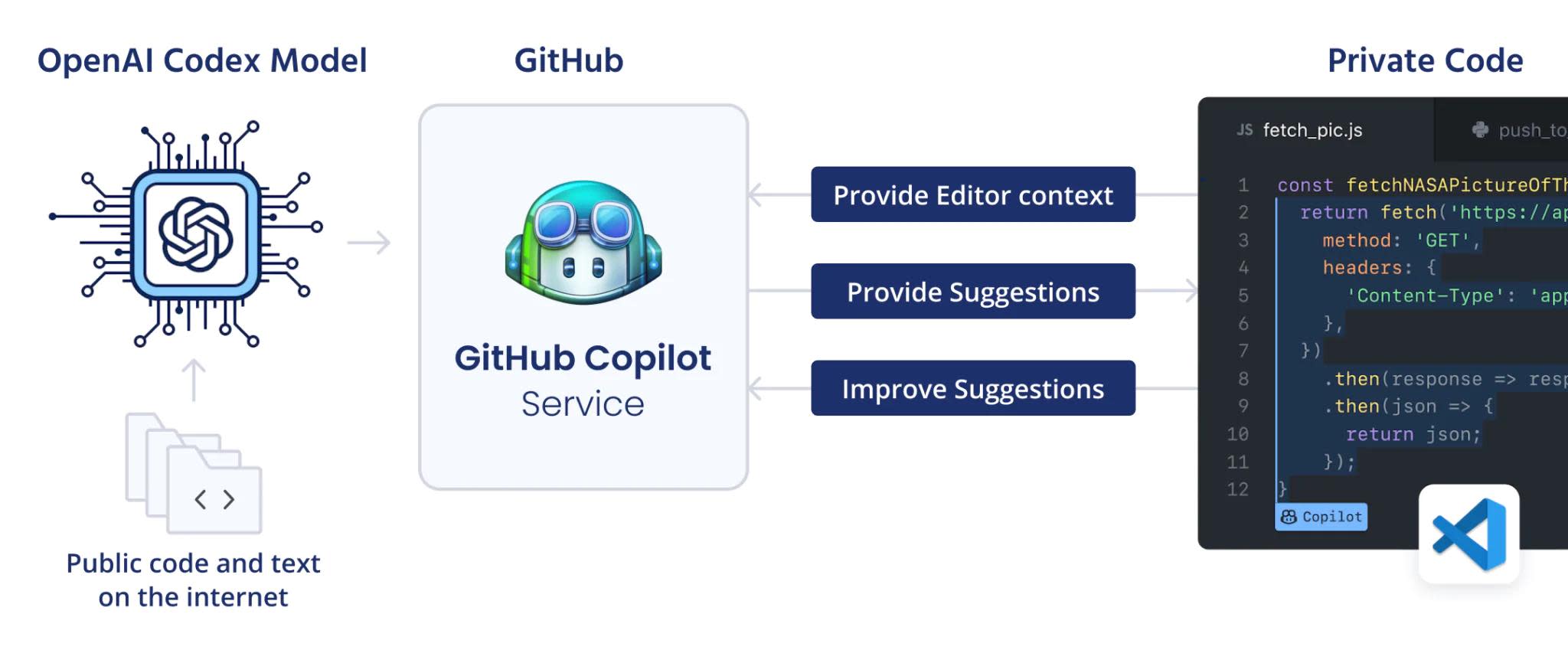
Summing up
This fall, Microsoft Ignite introduced many technological innovations. Some of them are still in the trial phase, and some are already fully operational. Timely tracking of these trends and embedding them into the software development process is part of our daily routine.
At Erbis, we always stay current with the latest advancements in technology and apply them to benefit our clients.


